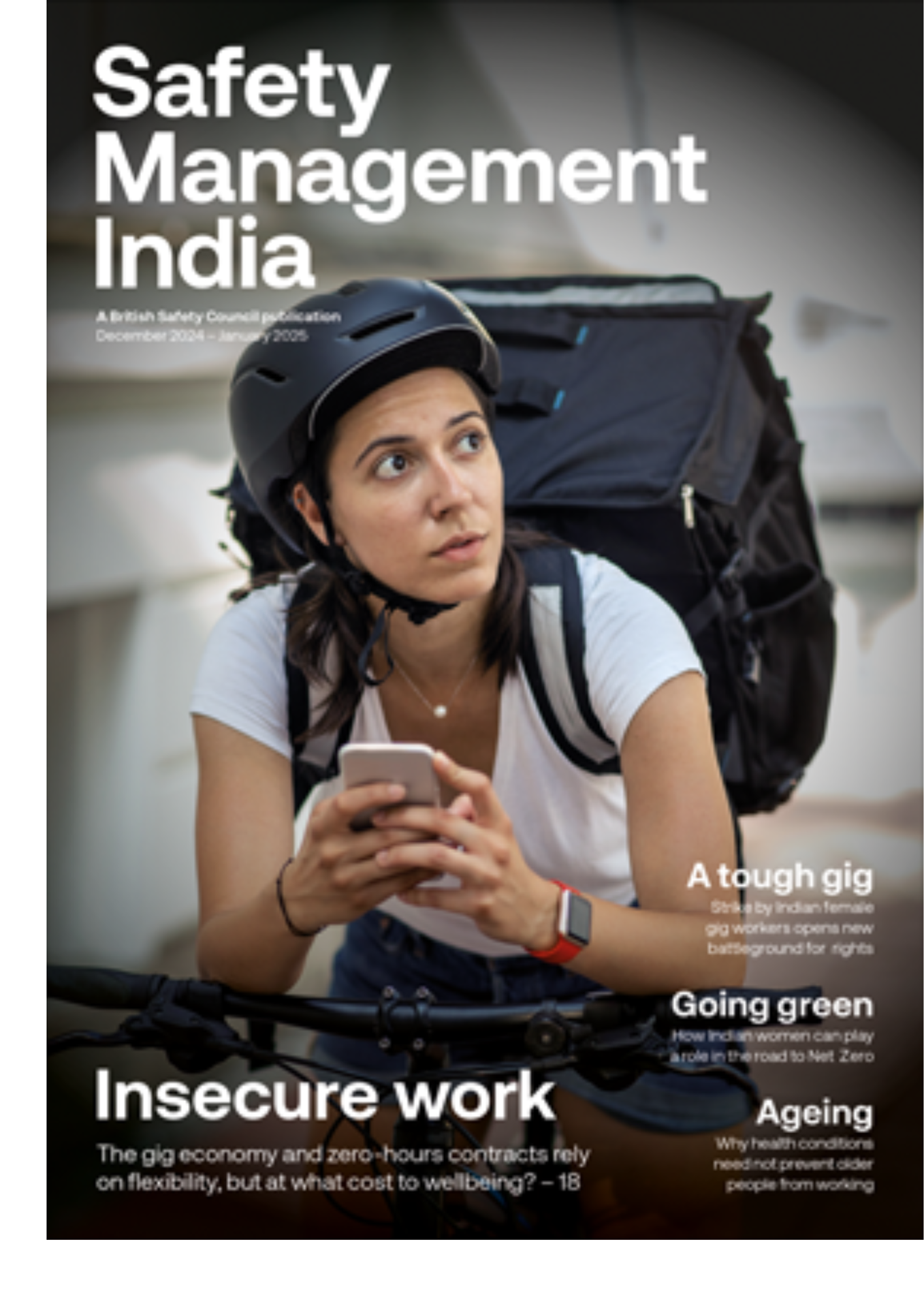An average of 33 million days in the UK are lost each year due to minor illnesses, like coughs and colds, with 18 million days lost to mental health conditions.
News
18 million work days lost each year to poor mental health
Personal injury firm claims.co.uk analysed Office for National Statistics’ sickness absence data from 2018 – 2022 to arrive at the results.
Released for Blue Monday, said to be the most depressing day of the year, the data found that 12 per cent of the working days lost were due to mental health conditions such as stress, depression, and anxiety.
 12 per cent of the working days lost were due to mental health conditions such as stress, depression, and anxiety. Photograph: iStock
12 per cent of the working days lost were due to mental health conditions such as stress, depression, and anxiety. Photograph: iStock
Commenting on the findings, a claims.co.uk spokesperson said: “Sick days lost from work can have detrimental effects on both workers and the company. For employees, frequent absences due to illness can result in increased stress and workload upon return, negatively impacting their overall job satisfaction and wellbeing.
“From the company's perspective, a reduction in workforce attendance can lead to productivity losses and delayed project timelines.”
The research comes as CIPD calculated that 2023 had the highest sickness absence rate for over a decade.
In its 23rd annual CIPD Health and Wellbeing at work report released last October, it found the average rate of employee absence now stands at 7.8 days per employee per year.
Over a quarter (27 per cent) of the 918 organisations it surveyed reported an average absence level of 10 days or more – nearly twice as many as in 2020.
Minor illnesses, musculoskeletal injuries and mental ill health topped the leading causes of short-term absence.
Rachel Suff, Senior Policy Adviser at CIPD said it was vital to see the increase in the context of external events such as Covid-19 and the UK’s cost-of-living crisis: “Organisations need to understand the causes – including any underlying health or workplace issues – for sickness absence and develop effective strategies for optimising people’s health and attendance. This means getting under the skin of headline sickness rates to gather data on wider trends such as presenteeism, leaveism and employee engagement.”
CIPD Health and Wellbeing at work report here


NEWS

India’s social security coverage doubles to almost 50 per cent, says ILO
By Orchie Bandyopadhyay on 08 April 2025
The proportion of India’s population covered under some form of cash paying social security protection has almost doubled in just three years, according to a new International Labour Organization (ILO) report.
Venue owners have two years to tighten up safety as Martyn’s Law passes Royal Assent
By on 01 January 0001

